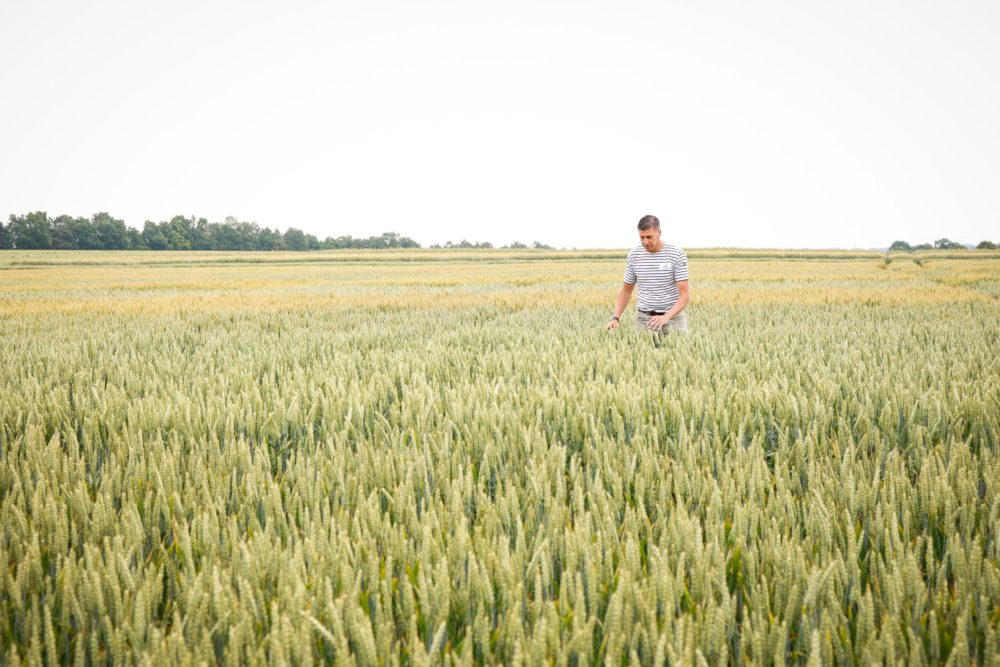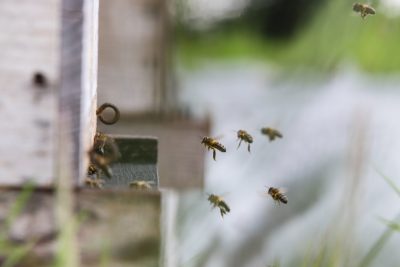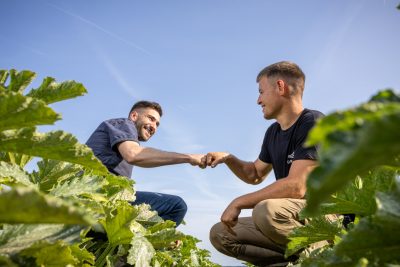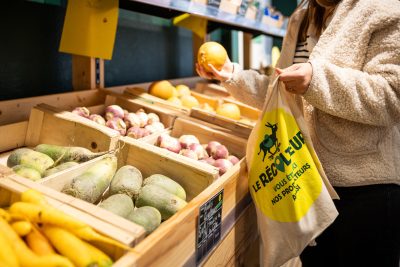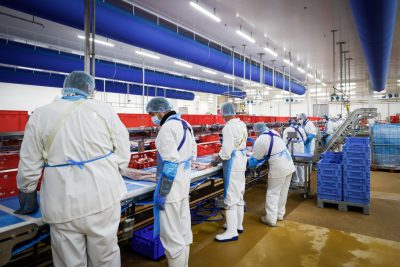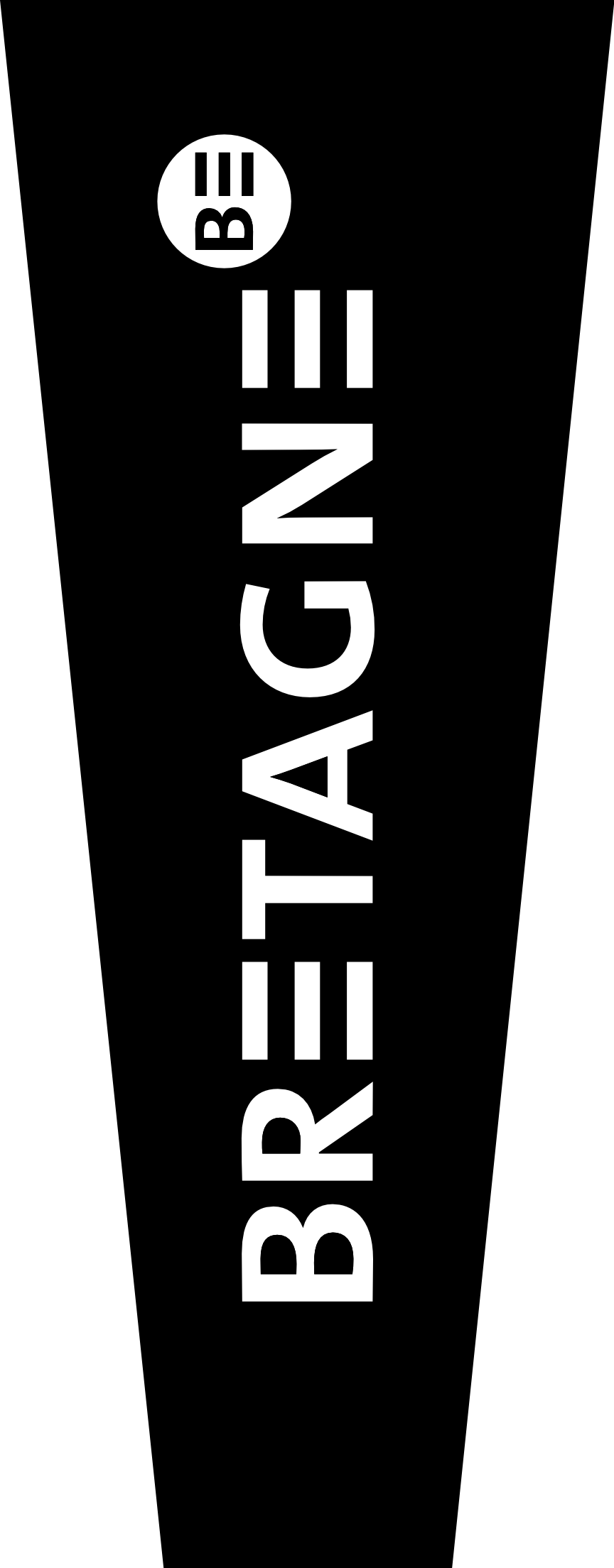

Diversified, sustainable agriculture
With 8,000 employees and 16,000 farmer members, we work every day to build a diverse, sustainable and attractive agricultural sector.
This means developing value-added sectors. This means preserving and restoring the soil, water, air and all the natural ecosystems that are farmers' primary working tools.
We are convinced that there must continue to be as many different agricultural models as there are different types of consumer. So, whatever production method we choose, we are ALL committed to making progress to develop a plural and sustainable agriculture.
Agroecology, a driver of sustainable agriculture
Our many working tools – the land, water and biodiversity – are fragile resources that we need to preserve. Faced with these resource issues, and with the desire to create a positive impact on the environment, we have embarked on a profound transformation of our production models through the Cultivons Autrement approach.
Because we truly believe that diversity in farming and farmers will enable us to respond to the diversity of consumers, we encourage varied agricultural models, and to ensure the sustainable development of agriculture, we support all our co-operative farmers in the implementation of agroecological practices that are respectful of ecosystems.
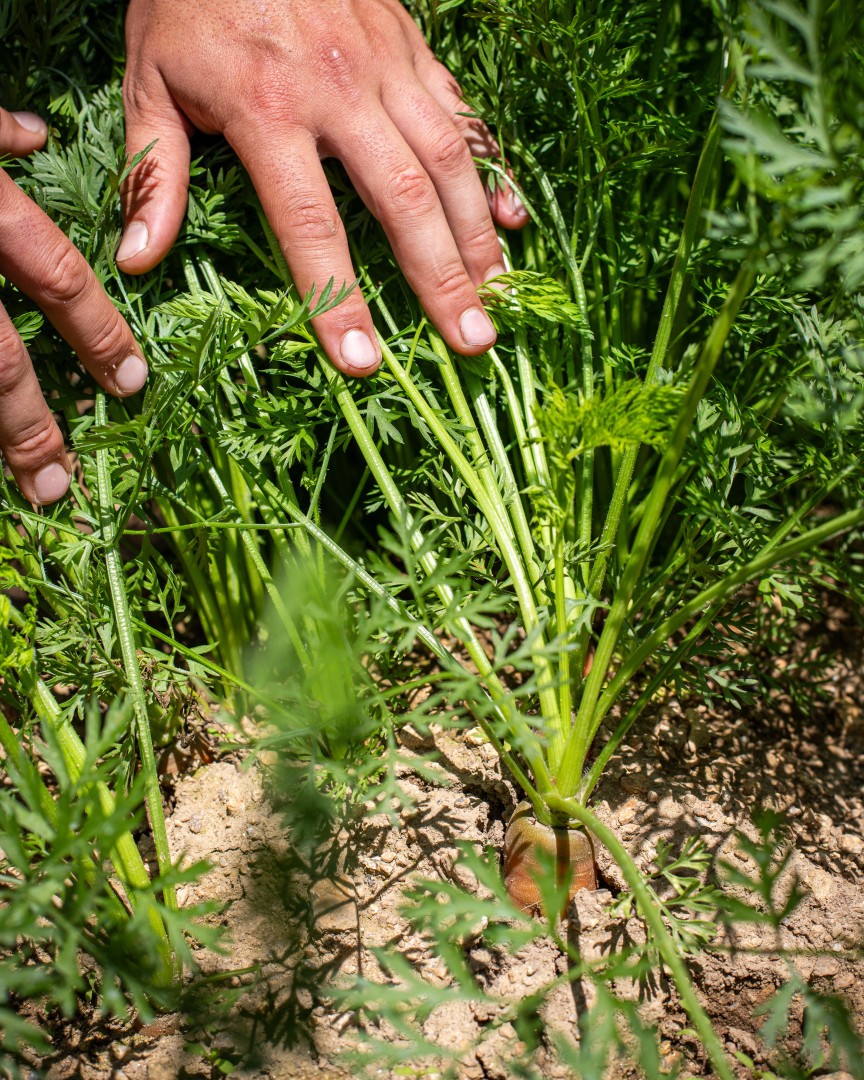
Guaranteeing the conditions of animal welfare
Developing diversified, sustainable agriculture also means thinking about animal welfare, both physical and psychological. Thus, as part of the Raised with Passion approach, we support farmers in developing practices that respect livestock, regardless of the breeding method, be it conventional or alternative. We also make discussions with our stakeholders a priority in order to gain a better understanding of their expectations in terms of animal welfare, all while respecting the well-being of our farmers.
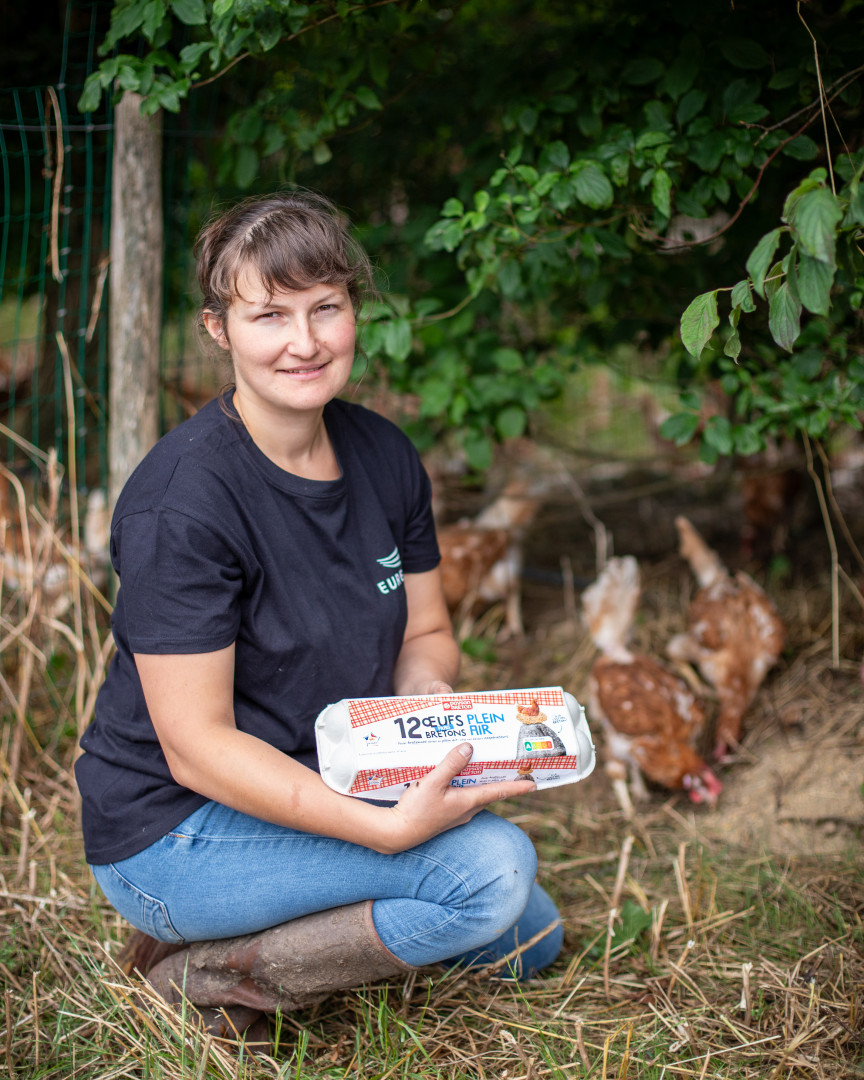
Efficient and sustainable local value chains
Since the creation of Eureden, and in order to allow both the diversification of agricultural incomes and to get more value out of products, we have been keen to structure efficient and sustainable value chains in the region. With this in mind, we are continuing our efforts to source raw materials, with the aim of sourcing 100% of certified soya from non-deforested areas by 2025.
In addition to obtaining better value for consumers and better remuneration for the farmers involved in these quality initiatives, the development of these new value chains contributes to reducing our carbon footprint and reinforces food sovereignty, which is an essential issue.
